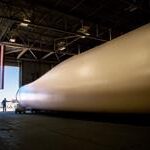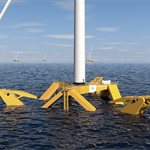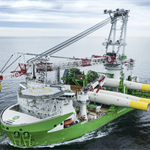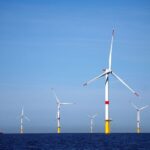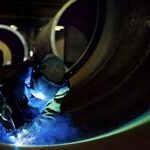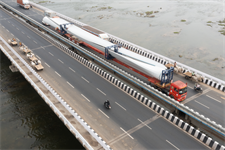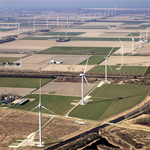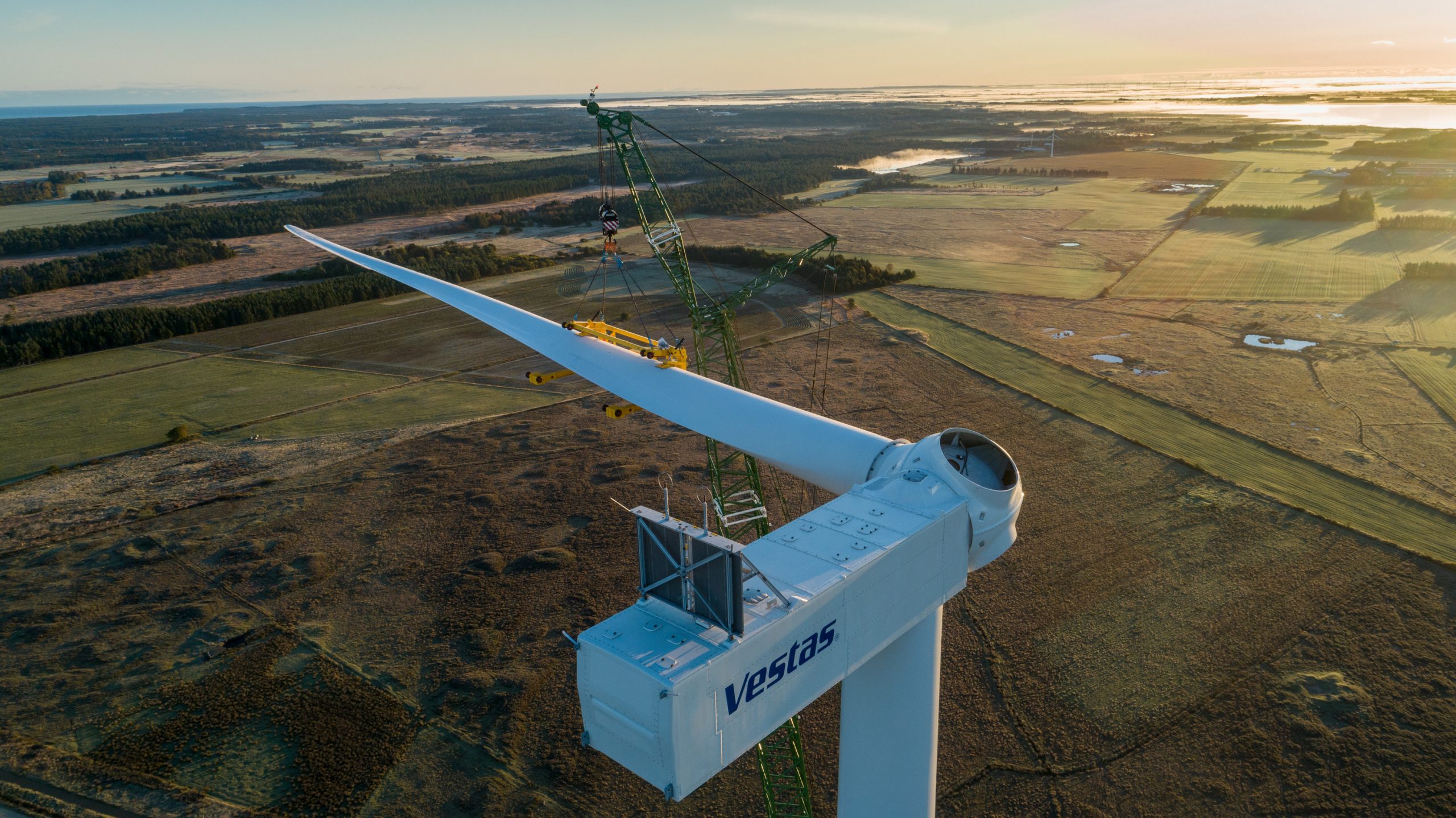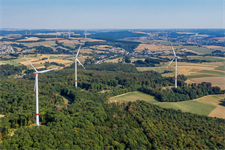EU steel duties ‘set to squeeze wind industry’
Energy Disrupter
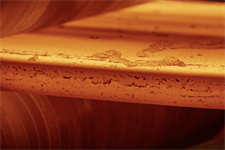
Wind turbine and component manufacturers face increasing cost pressures after the European Commission confirmed a three-year extension to steel safeguard measures, according to WindEurope.
Additional costs may also be passed along the supply chain to developers, making it harder for them to deliver continued price reductions, the industry body believes.
Duties of 25% will continue to be imposed on heavy plate steel – used in wind towers – and on non-grain-oriented electrical steel – used in motors and generators.
The extension of steel safeguard measures comes following years of leading turbine manufacturers reporting squeezed margins in an increasingly competitive market place. It also comes amid warnings from analysts that rising commodity prices through the second half of the year could put pressure on the wind power industry.
Prices of copper, resins, glass fibre and carbon fibre have risen sharply, as have shipping costs, squeezing the global supply chains on which the European wind industry relies, according to WindEurope. A spokesman for the industry body added that steel prices are the highest they have been in a decade.
Industry impact
WindEurope believes that in the medium-term additional costs may be passed on to developers, making it harder to deliver continued reductions in electricity prices. Meanwhile, in the short-term, turbine and component manufacturers will have to absorb these additional costs.
This will squeeze the margins of manufacturers in the European wind industry, making less capital available to invest in manufacturing and research and development.
WindEurope’s chief policy officer Pierre Tardieu said: “Higher steel prices increase the costs of making towers, gearboxes, nacelles, transformers, and offshore foundations.
“Last week’s decision to extend steel safeguard measures is unhelpful for a rapid and cost-effective energy transition to renewables.”
Import rules
The European Commission agreed the three-year extension of steel safeguards from 1 July 2021.
Under the rules, a 25% duty will be levied on imports beyond quota levels. These levies will be paid to the importing country’s customs authority.
Meanwhile, duty-free steel quotas will be increased by 3% annually. Duty-free steel imports will be available each year on a first-come-first-served basis until these quotas are filled.
The levy on steel was initially introduced in July 2018 to protect the EU steel market against trade being lost to outside markets, the European Commission explained.
Following a review held earlier this year, it decided it was still necessary to have the measures in place, and that the EU steel industry is adjusting to a market with a higher level of imports.
The European Commission stated: “The Commission will closely monitor the prolongation and will review it to ensure that it remains limited to the strict minimum, is adapted to the evolution of the market, and is in line with the overall interest of the EU. This will allow the Commission to change the functioning of the safeguard measure as necessary.”
WindEurope called for the EU to take a “more holistic approach” to trade policy to better support the steel industry. A spokesman told Windpower Monthly that preferred policies could include state aid, subsidies or research and development grants to make the European steel industry more competitive.


